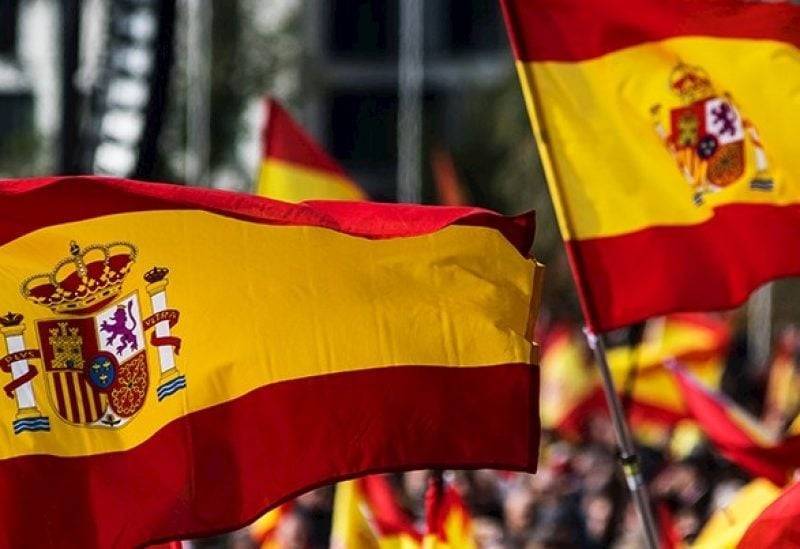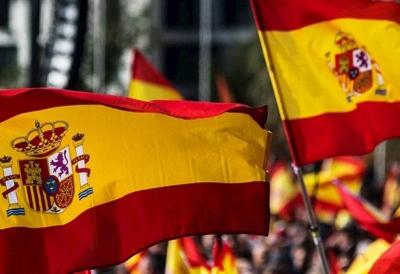Neither the left nor the right won enough seats to decisively determine the outcome of the elections held on Sunday in Spain, allowing the separatist Catalan parties "Esquerra Republicana" and "Together for Catalonia" to emerge as kingmakers, with each controlling seven seats. In this context, analysts indicated to Reuters today, Saturday, that losing one seat complicates the socialists' task in Spain of forming a left coalition without the need for support from the Catalan separatists, following the counting of overseas votes from last week's elections.
It is believed that the "Esquerra" party will support socialist Prime Minister Pedro Sánchez, but he will also likely need the support of the more hardline "Together for Catalonia" party in order to form a government if the electoral commission confirms the results of the overseas vote count. The commission noted that the counting of votes from over 233,000 Spaniards living abroad awarded one seat in Madrid to the "Popular Party," after it had initially been allocated to the socialists.
Forming a government requires an absolute majority in a vote in the parliament comprising 350 seats. If this is not achieved, another vote is held in which the side with the largest number of votes wins a simple majority. According to the adjusted seat count, the Popular Party could obtain a total of 171 votes, consisting of 137 of its own and 33 from the far-right "Vox" party, plus one from the "Union of the People of Navarre." No other parties have announced their support for a government that includes "Vox."
Sánchez could have potentially secured 171 seats, including 121 from the socialists, 31 from the far-left "Sumar" party, seven from "Esquerra," six from the Basque separatists "EH Bildu," five from the Basque Nationalist Party, and one from the nationalist "Galician Bloc." As of Friday, before the seat loss due to counting overseas votes, the left bloc was looking to obtain 172 votes, while the "Popular Party" and its allies "Vox" and "Union of the People of Navarre" could only muster 170 votes. This means that Sánchez must persuade "Together for Catalonia" to abstain from voting in parliament to regain power with a simple majority.
Sánchez likely needs at least one vote from "Together for Catalonia" to overcome the Popular Party and its allies. Political analyst Pablo Simón from Carlos III University in Madrid told Reuters, "This will make it more difficult for Sánchez, as if he needs it, he will give 'Together for Catalonia' more power to demand things in return."
The Separatists' Conditions
On Monday, "Together for Catalonia" stated that its conditions for assisting Sánchez include allowing a referendum in Catalonia on independence and pardoning all separatists facing legal charges related to the unsuccessful independence attempt in 2017. Conducting such a referendum would require a constitutional amendment and a vote by a majority of parliamentary members, which is unlikely to happen.
Alberto Núñez Feijóo, the leader of the Popular Party, remains determined to attempt to form a right-wing coalition. The party's coordinator in Madrid, Pedro Rollán, stated on Saturday, "Feijóo aspires to be the leader of all Spaniards."




